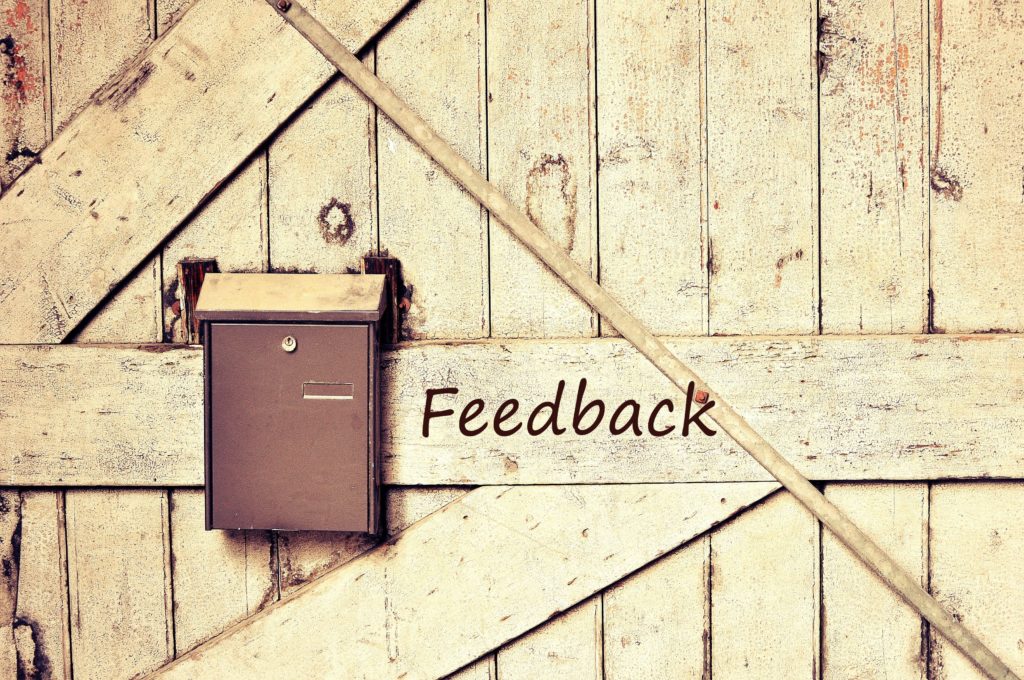So let’s agree on what “public relations” is all about. My interpretation – and there are many differing interpretations – is that we help to give you a voice to shout about what you do, to your various audiences, in a positive manner.
I see PR as part of your marketing box of tricks. It should never be your only marketing tool, rather it should sit comfortably alongside your online activities, your tried and tested lines of attack and your hardy perennials that continue to help you promote your products or services to your target audiences.

Our slice of the marketing budget might incorporate:
-
-
-
- Media relations
- Events
- Networking
- Speaking engagements
- Public perception
- Crisis comms
- Introducers
- Surveys
-
-
Most clients have a mix and match approach to our services, and many of them use our comprehensive digital marketing skills as well.
Our most popular activity is media relations … helping you raise your profile through the editorial (the free stuff) pathway on television, radio, newspapers, specialist publications and online news platforms.
But to help you achieve that free exposure, we have to give journalists a story. And what you consider to be the most amazing event in recent years might actually leave the news hounds yawning.

Some sectors are sexier than others. Two of our tougher challenges were The Association of Garage Door Specialists (AGDS) and The Association of Independent Specialist Medical Accountants (AISMA). Finding general news ideas was tricky, so we went down the route of surveys. “Home owners with red garage doors are creative, thoughtful and care about the environment, according to a survey by garage door specialists AGDS.”
And for AISMA, we publicised a survey on GP salaries. “More than 1,000 GPs earn over £120k per annum, according to a survey by AISMA.”
While the national press loved the story, the GPs were less excited to have patients knowing how much they earned. But as they weren’t paying our fees, we were not too worried.
So the role of Cobb PR is to take your ideas, look for the golden nugget of a potential news story, then ensure that the story allows us to convey enough key messages about your business to justify the time we spend on it.
Once the story is given to the relevant media, it is up to the journalists to decide if they think it stacks up. Assuming we have done our work correctly, an article will appear in your preferred publications, on TV and on the radio.
We are sometimes asked if our press releases will equate to sales. The most honest answer is “possibly”. Exposure of your products/services to a prime-time audience might resonate with somebody already considering a purchase. I know that I have often been influenced by seeing something at the right time in the right place.
There are other, more hidden benefits of media exposure. It will often prompt envious comments from your business contacts and perhaps help strike up a conversation at a networking event.
It should also help conversations with your batch of warm leads. You might decide to share the news item with them, as third-party endorsement (the journalist) carries far more weight than you telling them how great your products are.
Evaluation

There have been step-changes on how we put a value on the exposure we give you. Twenty years ago, it was rudimentary … measure how many column inches your article covered, work out how much it would have cost to buy a similar size advert, then multiply it by a factor of between 3-5 for the added credibility that editorial coverage delivers! A pretty shocking way of measuring.
About 10 years ago, a traffic light system became popular. Rather than giving a value to the media coverage, we would rate the coverage by green light for good/positive/ amber for neutral and a red light for negative.
Today, there are still a number of different ways to measure the value of PR but one thing’s for sure, it’s time to bin vanity metrics and focus on the impact of a campaign and how it drives business objectives.
At Cobb PR, before starting any campaign, we work closely with our client to understand the main business objective. Let’s say it’s to boost numbers at an opening event, we’d then look strategically at how we can achieve that. Perhaps we recommend some localised media coverage, a targeted email to the existing database and a door-to-door leaflet drop, we would have three separate measurement tactics to see how effective each activity is.
For media coverage, we’d agree with the client the titles that will be most beneficial, taking into consideration locality, reach and audience. From there we’d target those publications and measure how successful the piece was, based on how many key messages were shared, if the picture was used, and if a spokesperson was quoted. If we tick all the boxes, it’s fair to say that it was a strong piece of coverage. The only true way of knowing how many people attended the event because of news articles is to survey them, but often that’s not possible, so it’s best to look at all marketing activities holistically to reap serious benefits.

At Cobb PR HQ, we work closely with our friends at Fox&Bear and more often than not work together with clients. We believe that by working together to deliver a whole host of activities via different channels, we can meet your business objective in the best way possible. We’re always focused on what will work for you, rather than what services you may think you need.
Got a project in mind that you’d like our help with? Call us on 01323 416999 and we’ll get our thinking caps on.



